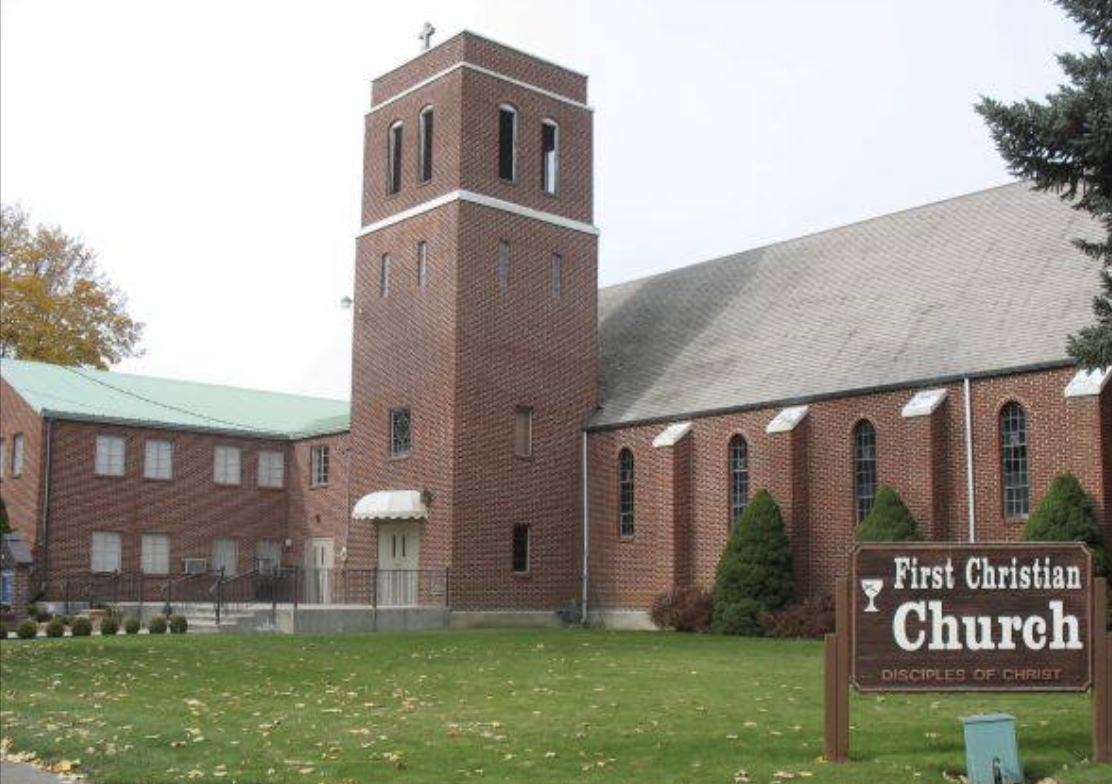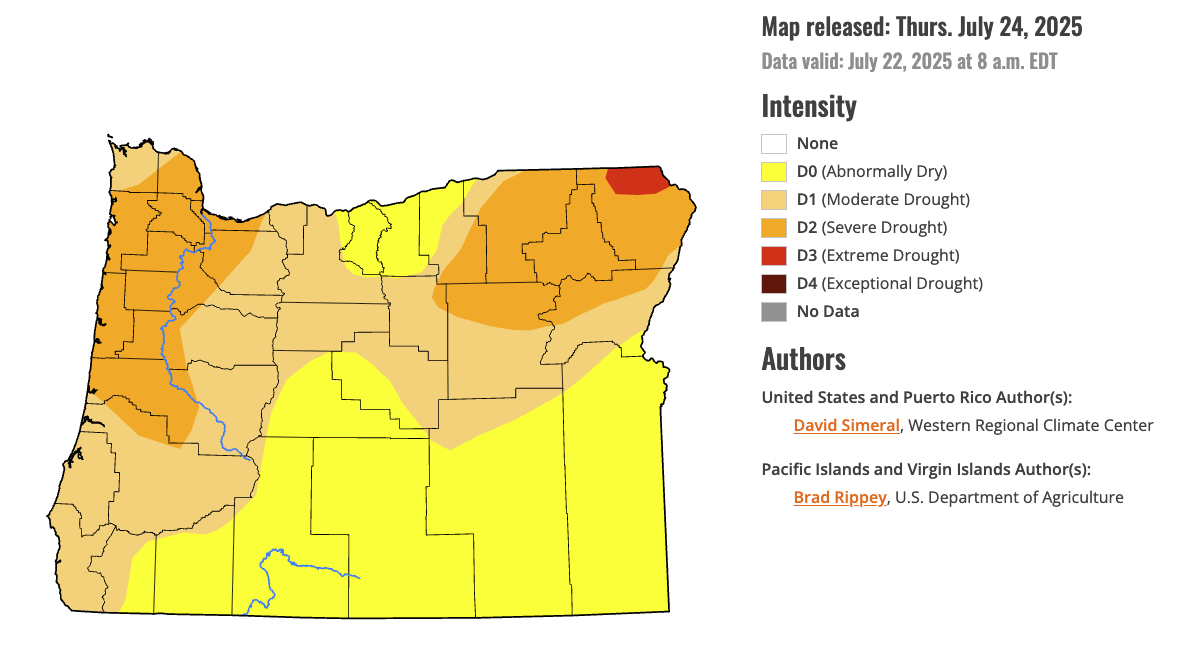Nonprofit that encourages Eastern Oregon students to consider health care careers fears potential loss of federal funding
Published 11:41 am Tuesday, June 3, 2025

- The Northeast Oregon Area Health Education Center, which sponsors camps and other events designed to encourage young people in 11 counties in Eastern and Central Oregon to pursue careers in health care, could lost a major source of federal funding starting in 2026. (Contributed Photo, File)
Proposed cuts in federal spending could jeopardize the future of a nonprofit that encourages residents in 11 counties in Eastern and Central Oregon to consider careers in health care and seeks to ensure health care jobs in the region are filled.
“It’s a precarious spot we find ourselves in filled with uncertainty,” said Meredith Lair, executive director of the Northeast Oregon Area Health Education Center, based at Eastern Oregon University in La Grande. “It’s really challenging.”
The center operates in Baker, Gilliam, Hood River, Malheur, Morrow, Sherman, Umatilla, Union, Wallowa, Wasco and Wheeler counties. It also has extension services in Grant and Harney counties, said Lair, who has worked for AHEC since 2012 and been executive director since 2015.
Trending
The northeast AHEC is one of five in Oregon.
Its core mission, Lair said, can be summed up with the motto: “Grow our own.”
The idea, she said, is to encourage young people in the region to consider pursuing health care careers and, ultimately, to return to their hometowns in the region to work.
AHEC sponsors a variety of camps and other programs where students can learn about jobs in health care, and job shadow doctors, nurses and other professionals.
Programs include MedQuest camps for high school students, and Investigators of Science camps for middle school students. More than 13,000 students have participated in AHEC programs since it started in 1991, Lair said.
The center has three paid employees, including Lair.
Trending
About half of its annual budget of around $433,000 comes from two sources, Lair said.
The first is a federal grant, about $124,000 this year.
The second, a required match for the federal dollars, is from Oregon Health and Science University and totals about $110,000 this year.
The federal and state contributions are “the most consistent funding we’ve had,” Lair said.
She said President Trump’s proposed federal budget for the fiscal year starting Oct. 1, 2025, eliminates money for AHEC programs nationwide. She said the total is about $47 million. There are AHEC programs in most states.
If the federal money goes away, Lair said the Northeast Oregon AHEC’s future would depend largely on whether the Oregon Legislature, through OHSU or a new allocation, would make up the loss of federal dollars.
In addition to the camps and job shadows, Lair said a key program through AHEC is bringing health care professionals to the 11-county region during their training rotations.
Lair said the loss of federal money, if it happens, would affect AHEC starting in 2026.
Dr. Charles Hofmann, a longtime physician in Baker City who now lives in Idaho, was a member of the first board of directors for the Northeast Oregon AHEC.
Hofmann said on Tuesday, June 3, that he believes the center has been “incredibly successful” in exposing students in the 11-county region to potential careers in health care and in some cases helping them become professionals who work in the communities where they grew up.
Hofmann said he understands that AHEC, along with most other entities that receive federal dollars, are anxious about that source of money.
“My hope is that the health care providers in the region recognize the importance of the center and will step up,” he said.
Hofmann said hospitals, insurance companies and other professional organizations involved in health care could potentially make up any loss of federal dollars.
He said there are private charitable foundations that could also contribute.
Melissent Zumwalt, who works at OHSU and is the program manager for AHECs in Oregon, said the loss of federal money “would have devastating consequences for Oregon’s health care workforce, especially in rural and underserved communities already facing severe shortages.”
“For over 35 years, Oregon AHEC has supported the development of future health professionals, from early career exploration, through education and into practice,” Zumwalt said. “Our statewide network— comprised of five regional centers and a central office housed at Oregon Health & Science University — uses a ‘grow-your-own’ approach to help communities build a local health care workforce.”
“Without continued investment, we risk undoing decades of progress and leaving behind the students and communities that need this support most,” Zumwalt said. “We are urging Oregon’s congressional delegation to reject the proposed elimination in the federal budget and calling on state leaders to maintain — and if possible, increase — support to protect this essential infrastructure.”









